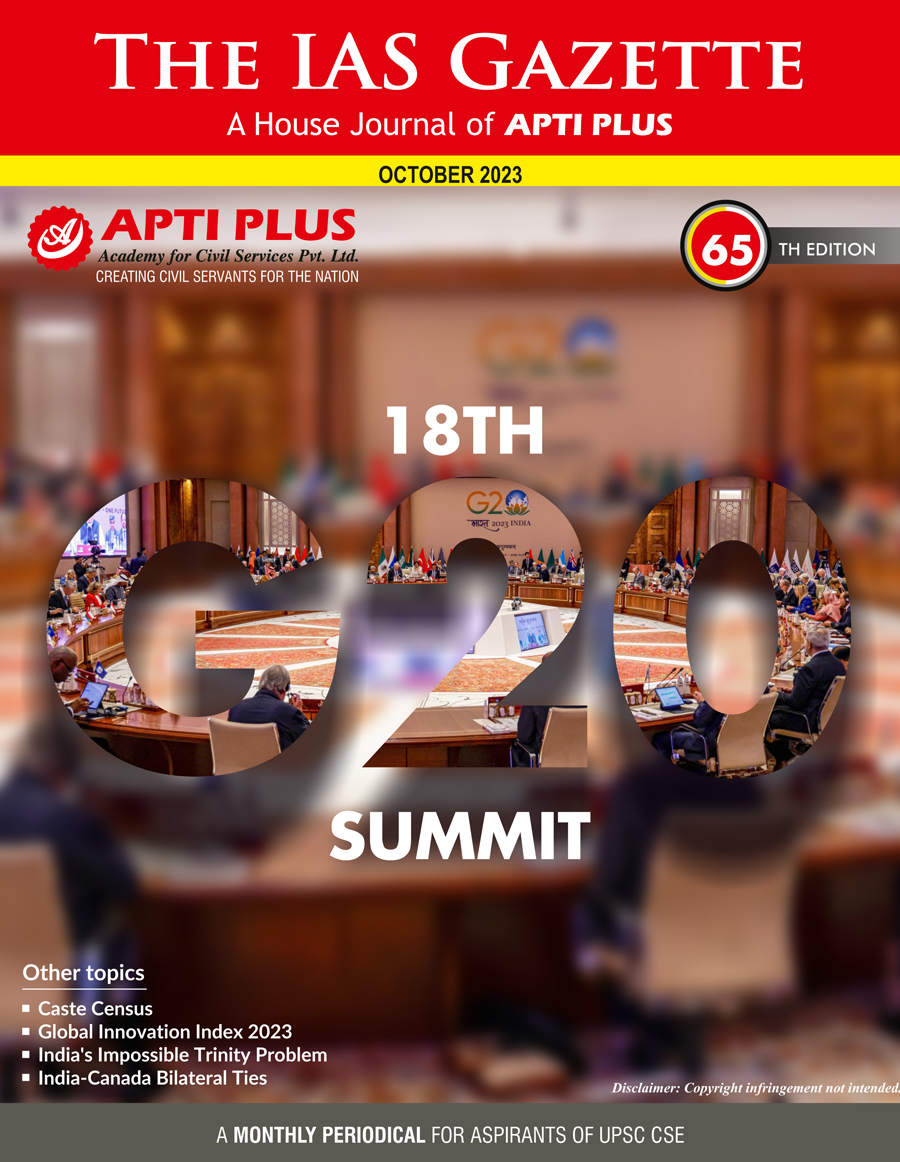BROADCASTING CONTENT COMPLAINT COUNCIL

Copyright infringement not intended
Picture Courtesy: www.a2ztaxcorp.com
Context: The Broadcasting Content Complaint Council (BCCC) has issued an advisory to entertainment channels regarding the portrayal of scheduled castes (SC) and scheduled tribes (ST) in television programs. The advisory emphasizes the need for "extreme caution" and sensitivity in depicting these communities to avoid hurting their sentiments.
Key points from the advisory
- The BCCC (Broadcasting Content Complaints Council) has provided some guidelines for entertainment channels regarding how they depict the stories of SC (Scheduled Caste) and ST (Scheduled Tribe) communities in India.
- Channels should tell the stories of SC and ST communities in a sensitive and human way, avoiding insensitivity.
- They should be careful not to show violent scenes that could harm or re-traumatize these communities, especially when dealing with issues like untouchability and casteism.
- When depicting problems like untouchability and casteism, channels should not make people from SC and ST communities look like victims or reinforce harmful stereotypes.
- Channels should be cautious about using offensive language that could hurt the feelings of these communities and should choose their words carefully.
- Even a single scene taken out of context can upset these communities, so channels should be careful and balanced in their portrayals.
- The BCCC acknowledges that discrimination against SCs and STs Still exists in Indian society, including verbal and sexual abuse, despite the legal abolition of untouchability.
- Television not only reflects society but also influences it. It sets examples for how people should behave and can provide an escape from real life. Content creators should consider the impact of their portrayals.
- A significant portion of the Indian population belongs to SC and ST communities, so it's crucial to avoid using insulting or derogatory language in scripts, including terms that insult castes or degrade individuals based on their caste.
Broadcasting Content Complaints Council (BCCC)
About
- The Broadcasting Content Complaints Council (BCCC) operates as an independent self-regulatory body. It is affiliated with the Indian Broadcasting Foundation (IBF), which is an industry association of television broadcasters in India.
- The BCCC's primary purpose is to oversee and address complaints related to television programs aired on IBF member TV channels.
- If a complaint is filed with the BCCC, they will investigate the matter and take necessary action, which may include issuing warnings, fines, or other measures to address the issue in accordance with their guidelines and procedures.
- This self-regulatory system is intended to foster accountability and responsiveness in the Indian broadcasting industry while allowing creative expression to thrive.
|
Composition of the BCCC |
●The BCCC is made up of thirteen members, including a Chairperson who is typically a retired Judge from the Supreme Court or High Court. The remaining twelve members are divided into four categories: ○Four non-broadcaster members: Individuals who are not affiliated with broadcasting companies. ○Four members from national-level Statutory Commissions: Representatives from governmental bodies responsible for regulating specific aspects of media and broadcasting. ○Four broadcaster members: Individuals with ties to broadcasting companies. |
|
Complaint Handling |
●The BCCC accepts complaints from various sources, including viewers, non-governmental organizations (NGOs), Resident Welfare Associations (RWAs), and even the Ministry of Information & Broadcasting. ●This means that individuals or groups with concerns or complaints about specific television programs can file complaints with the BCCC for investigation and resolution. |
|
Content Regulation |
●The primary role of the BCCC is to ensure that television programs aired on IBF member TV channels adhere to self-regulatory content guidelines. ●These guidelines establish standards and principles aimed at upholding the quality, decency, and appropriateness of content on Indian television. Compliance with these guidelines helps maintain broadcasting industry standards. |
|
Balancing Creative Freedom and Responsibility |
●The BCCC's self-regulatory approach empowers the broadcasting industry to have a say in content regulation. ●This approach strikes a balance between providing creative freedom for content creators and the responsibility to ensure that content aligns with established norms and community standards, thus upholding public expectations while fostering creative expression. |
Conclusion
- The BCCC advisory encourages entertainment channels to be responsible in their portrayal of SC and ST communities in television programs, recognizing the potential impact on social perceptions and the need to avoid causing harm or offence to these communities.
Must Read Articles:
ROLE OF MEDIA: https://www.iasgyan.in/daily-current-affairs/role-of-media-7
WORLD PRESS FREEDOM INDEX 2023: https://www.iasgyan.in/daily-current-affairs/world-press-freedom-index-2023
|
PRACTICE QUESTION Q. What is the role and responsibility of the media in fostering democracy and promoting inclusivity in a diverse country like India, and how does it navigate the challenges and opportunities presented by this diversity? |





1.png)
